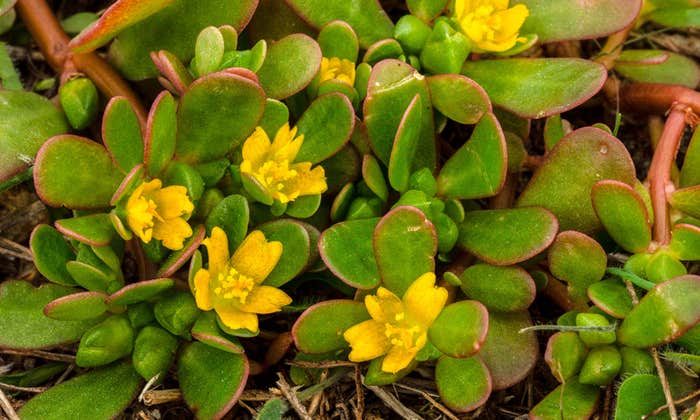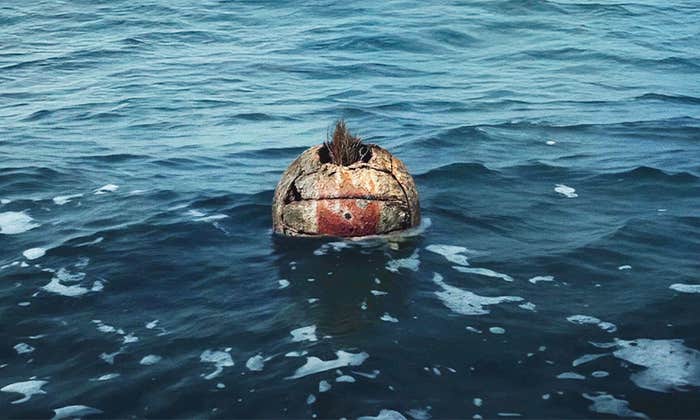Environment
377 articles-
Charting the Blue Realm
To explore the deep sea is to understand the human story and the nature of knowledge -
How Waves Shape the Planet
Ocean swells are critical to the cycle of life -
What Deep Time Can Tell Us About Coral Reefs
Lisa Gardiner on the 3 greatest revelations she had while writing Reefs of Time -
Saltier, Hotter Sea Springs a Leak in Ice Sheets
A surprising reversal at sea brings a big change -
The Weird Cooling Effect of Wildfires
Smoke and dust from fires could block the sun, but that’s not necessarily a good thing -
We Are the Ocean
Five redemptive days at the United Nations Ocean Conference in Nice, France -
If Oaks and Orchids Could Talk
Lucas Gutierrez wants to turn plant frequencies into a language humans can understand -
Giant Plankton Snacks Could Keep Coral Resilient
When coral have enough to eat, they seem to endure warming waters -
The Power of the Prairie
Author Josephine Marcotty on the 3 revelations she had while co-writing Sea of Grass -
The Ocean Odyssey of Wilson
An imaginary friend turned trash and a journey through climate change
-

Our Boiling Seas
Scientists are getting better at predicting marine heatwaves. But is it enough to save ecosystems and vulnerable species?
-

Finding a Sense of Place in the Ocean
Saving the seas may depend on connecting people to hidden landscapes
-

Plant Sex and the City
Plants around the world are adapting their reproductive strategies to survive on an increasingly urban planet
-
Ice Theft in Antarctica
Glaciers are committing piracy at the bottom of the planet -
Ghost Forests Are Growing
Saltwater is killing trees along low-lying coasts, and marshes may move in -
A New Story for Malta
Evidence of Mesolithic hunter-gatherers on the island could reshape our understanding of human settlement in the Mediterranean -
Asking Trees to Solve a Roman Conspiracy
Tree-ring records suggest that drought played a role in Roman Britain’s decline -
As Mountains Rise, Biodiversity Blooms
Steeper, faster, and higher peaks make more species
































